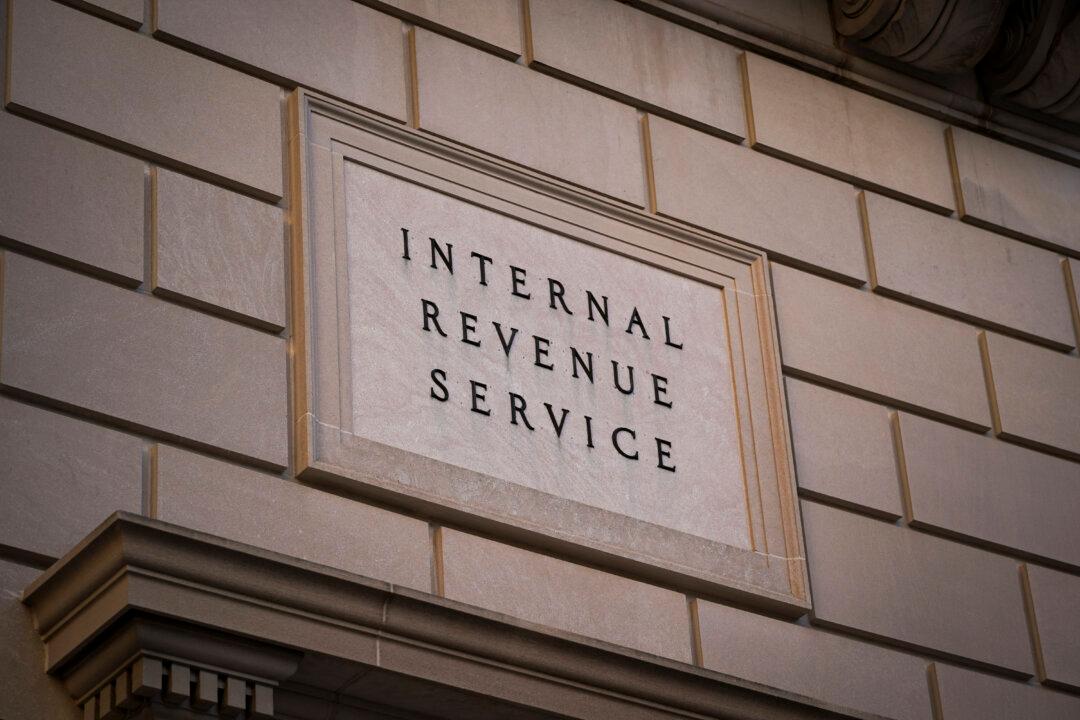The Internal Revenue Service (IRS) reminded businesses about the upcoming deadline for filing documents related to employee and contractor payments, asking them to submit necessary documents before the end of this month.
“The IRS reminds employers that Jan. 31 is the deadline for submitting wage statements and forms for independent contractors with the government,” the agency said in a Jan. 9 press release. “Employers must file their copies of Form W-2, Wage and Tax Statement, and Form W-3, Transmittal of Wage and Tax Statements, with the Social Security Administration by Jan. 31.” Form W-2 reports annual wages of employees and the amount of taxes withheld from their paychecks. Form W-3 is used by employers to report the combined employee income.





